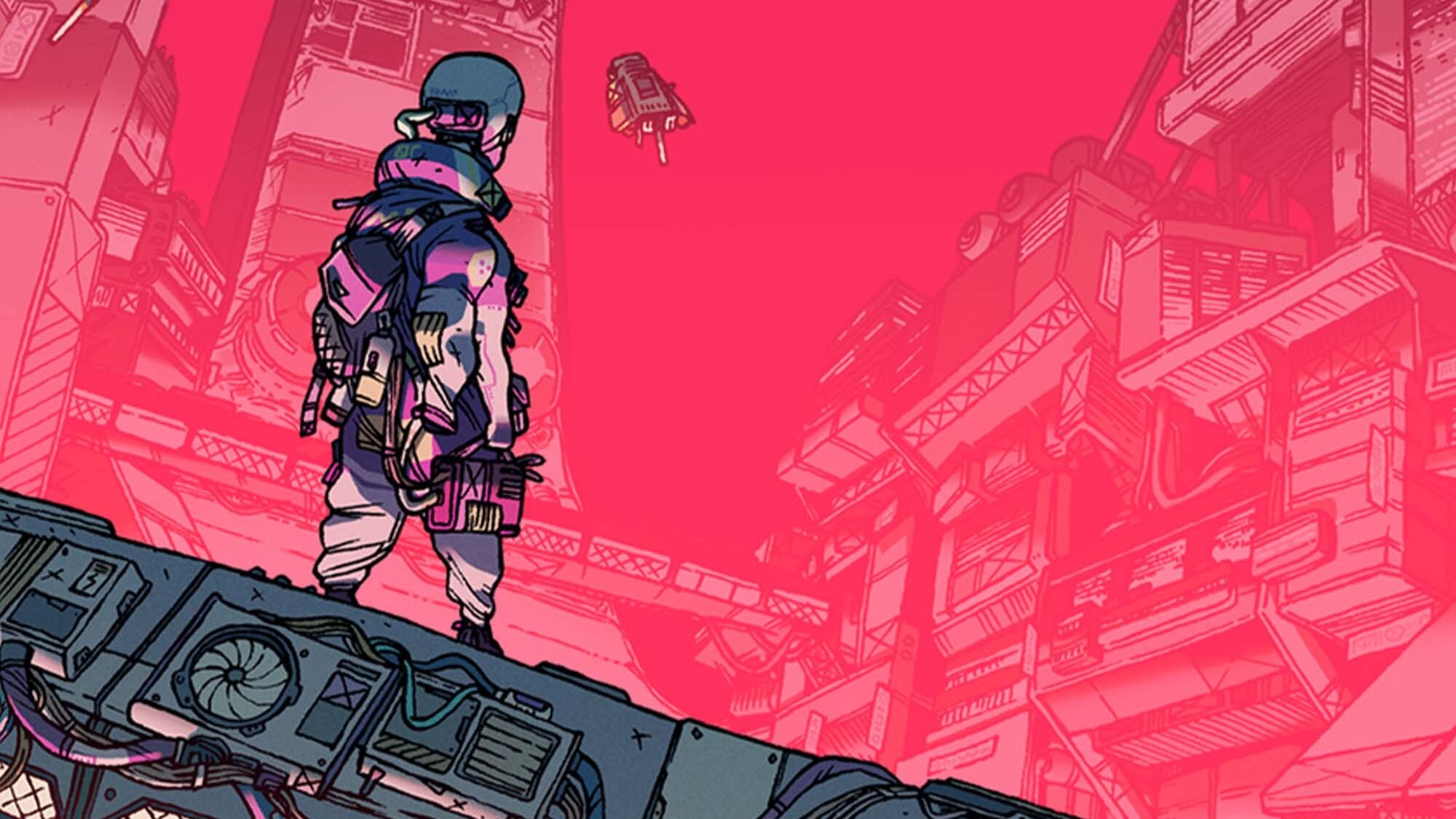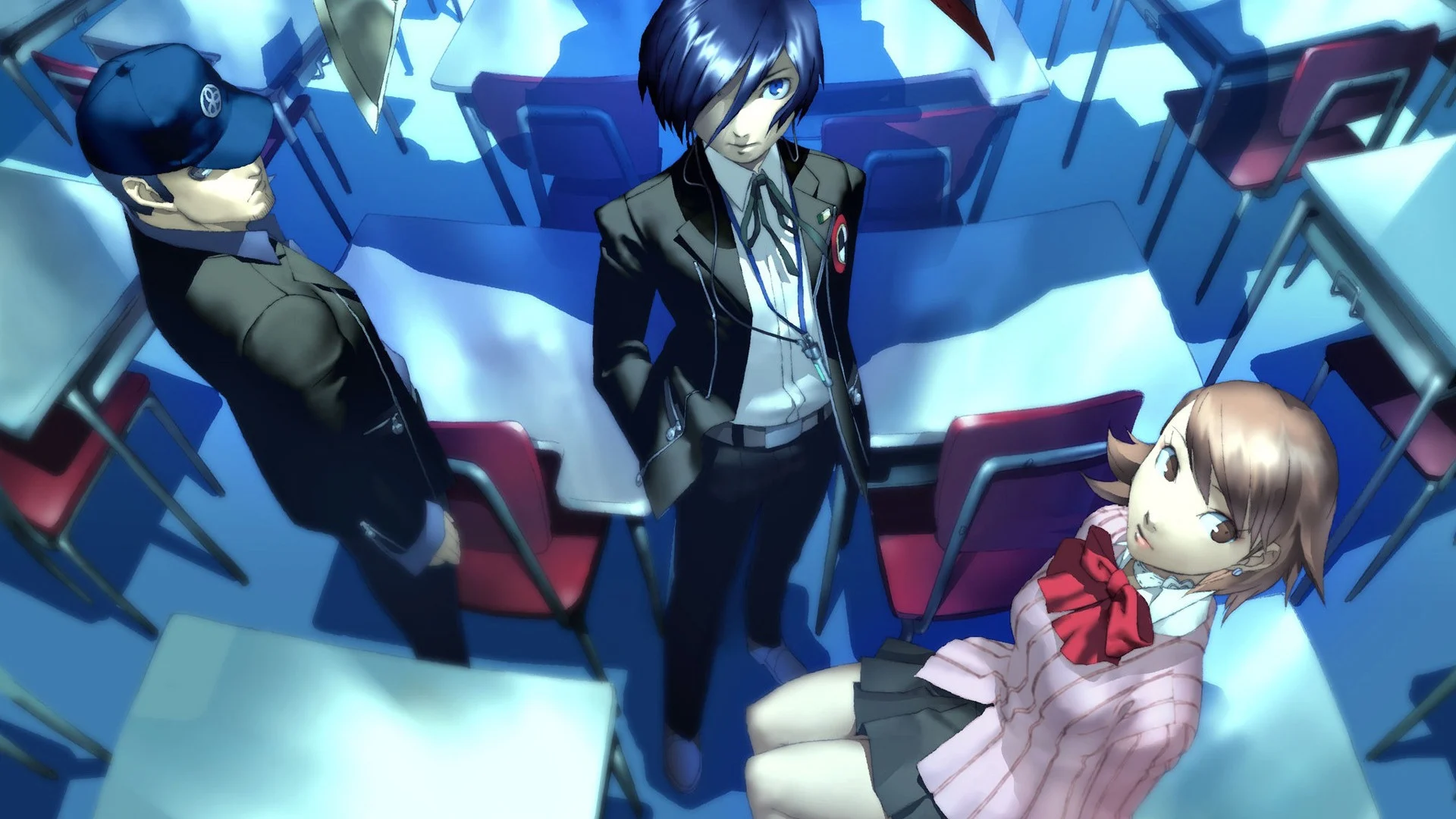Features
‘Disco Elysium’: A Thought-Provoking Mystery
For the most part, the majority of games are easy to classify, but from time to time a game is released that defies conventional rules and resists simple categorization. Disco Elysium is just such a game. On the surface of it, it’s a topdown, isometric RPG of the oldest of old schools. It draws upon long-established systems, structures, and mechanics that make it comfortably familiar. However, beneath that patina of tradition lies something completely unexpected and utterly unique.
Developed by the small, independent studio ZA/UM, with a story penned by Estonian novelist, Robert Kurvitz, and a painstakingly detailed world crafted by artist Aleksander Rostov, Disco Elysium stands apart from most RPGs in that it is startlingly realistic whilst simultaneously being grimly fantastical. Set on an isolated archipelago in the wake of a failed communist revolution, the game casts players as a detective sent to solve the murder of a man found hanging in the backyard of a rundown boarding house/cafe. It’s a simple setup made all the more complex by the fact that the player character is suffering from a severe bout of alcohol and drug-induced amnesia. The mystery that needs to be solved concerns piecing together exactly who the player character is, as much as it involves reconstructing the chain of events that resulted in a brutal death.
Arriving at conclusions to both conundrums requires navigating complex webs of social and political intrigue. Along the way, players will encounter union bosses, disgruntled workers, war veterans, and all manner of extraordinary and mundane citizens just trying to go about their daily lives in a place that seems designed to thwart their ambitions at every turn. More than that though, players will be required to engage in continuous internal dialogues that involve the protagonist gradually putting themselves back together. The result is character customization in a quite literal sense of the word. Rather than the standard array of physical options that most games of this type present players with, the options are entirely psychological. Player actions and choices determine the overall structure of the internal workings of their character. Whether they decide to be a high-minded idealist trying to better themselves and the world around them in whatever way they can or opt to descend into anarchic, hedonistic self-obliteration such choices determine exactly who and what their version of the character is.
The foundation of stats and skills that are usually inert background components that all RPGs are based on is firmly in place. However, rather than being a numerical bedrock upon which all gameplay is based, Disco Elysium takes those sets of modifiers and statistics and makes them an active part of character progression and world development. As you progress through the game, skills points can be used for a variety of purposes. They can be used to upgrade core character stats, of which there a total of twenty-four covering a whole range of mental, physical, and social attributes, that govern player’s ability to immediately interact with the game world. However, they can also be used to learn or forget particular thoughts These thoughts develop depending on how players decide to approach situations and solve problems and can unlock semi-permanent bonuses and even penalties.
Much as in reality, the things the character is capable of are largely dependent on their frame of mind. If players opt to make a character that is brash and uncouth then they will find it difficult to subtly manipulate interactions to their benefit or arrive at unobtrusive solutions to various situations. On the other hand, if they elect to play a character that is more thoughtful and introspective, or cunning rather than crass, then they will find it difficult to emerge unscathed from more physical challenges. It’s an interpretation of character development and player progress that feels much more organic than in any other game of this sort. This is probably where Disco Elysium does the most to stand out from other such titles. Such a flexible approach to progress is hopefully something that other companies will emulate going forward, as it allows the character to develop a true personality that goes a step beyond the mathematically-oriented, incremental statistical increases that are usually the norm.
The ways in which player action, character interaction, and game reaction combine together is probably the closest it is possible to get to a truly curated dungeon master-guided play experience in an RPG. There is such a wide and unpredictable variety of moment-to-moment options that players can never be certain what exactly is going to happen next. This sense of improvisational unpredictability is a quintessential element of any RPG, but it is often lost in translation from tabletop rules to computer game mechanics. This pitfall is avoided thanks to the fact that the world of Disco Elysium was conceptualized as a tabletop game but doesn’t actually exist as one yet. As such the developers were able to implement systems without the expectation of adhering to pre-existing mechanics. This expectation has often been the downfall of many such games in the past, such as the much-maligned Sword Coast Legends which was lambasted for its apparent butchery of the 5th edition Dungeons and Dragons ruleset. It will be interesting to see if Larian Studios can avoid similar problems with Baldur’s Gate 3.
As intriguing and unconventional as Disco Elysium is, and no matter how deserving it is of the accolades it won at 2019’s Game Awards, it’s hard to recommend it as something to play if you’re looking for fun. It’s relentlessly grim even when it’s trying to be funny, and its stream of consciousness style makes even the most basic of interactions a minefield of potential disturbing possibilities. With its biting combination of continental existentialist ennui, pseudo-Lovecraftian undercurrents, and socio-political critique it isn’t a game that you play for the sheer joy of it, but rather for the esoteric and unusual experience that it offers. That being said, in a market that’s full to bursting point with crowd-pleasing blockbusters and oftentimes strictly by-the-book sequels or carbon copy titles, it can be incredibly rewarding to delve into a game as intricate and nuanced as Disco Elysium.

-

 Features4 weeks ago
Features4 weeks agoDon’t Watch These 5 Fantasy Anime… Unless You Want to Be Obsessed
-

 Culture4 weeks ago
Culture4 weeks agoMultiplayer Online Gaming Communities Connect Players Across International Borders
-

 Features4 weeks ago
Features4 weeks ago“Even if it’s used a little, it’s fine”: Demon Slayer Star Shrugs Off AI Threat
-

 Features2 weeks ago
Features2 weeks agoBest Cross-Platform Games for PC, PS5, Xbox, and Switch
-

 Game Reviews4 weeks ago
Game Reviews4 weeks agoHow Overcooked! 2 Made Ruining Friendships Fun
-

 Features2 weeks ago
Features2 weeks agoThe End Is Near! Demon Slayer’s Final Arc Trailer Hints at a Battle of Legends
-

 Features3 weeks ago
Features3 weeks ago8 Video Games That Gradually Get Harder
-

 Features1 day ago
Features1 day agoPopular Webtoon Wind Breaker Accused of Plagiarism, Fans Can’t Believe It!
-

 Features3 weeks ago
Features3 weeks agoDon’t Miss This: Tokyo Revengers’ ‘Three Titans’ Arc Is What Fans Have Waited For!
-

 Game Reviews2 weeks ago
Game Reviews2 weeks agoFinal Fantasy VII Rebirth Review: A Worthy Successor?
-

 Game Reviews4 weeks ago
Game Reviews4 weeks agoHow Persona 5 Royal Critiques the Cult of Success
-

 Guides3 weeks ago
Guides3 weeks agoHow to buy games on Steam without a credit card


















